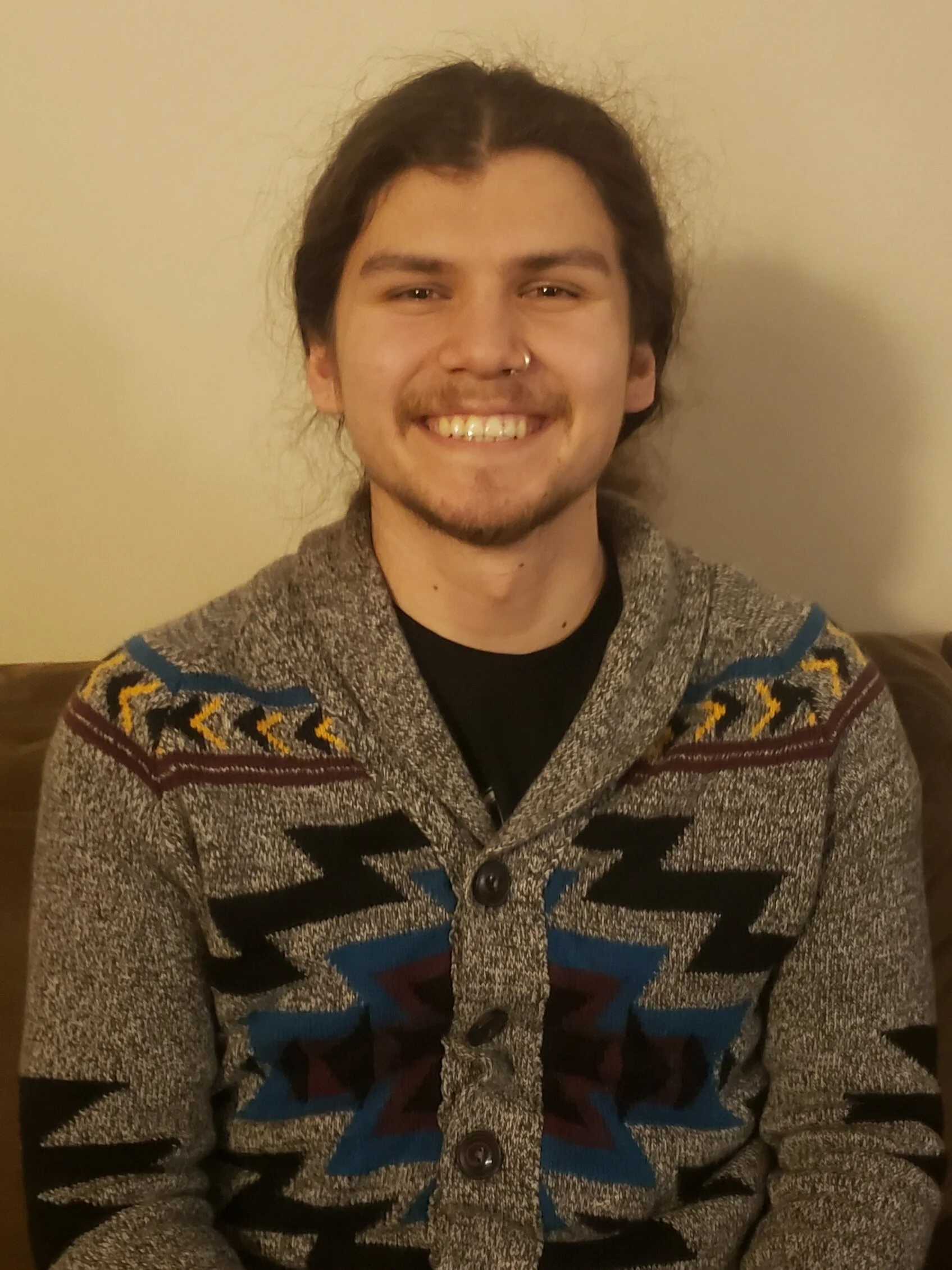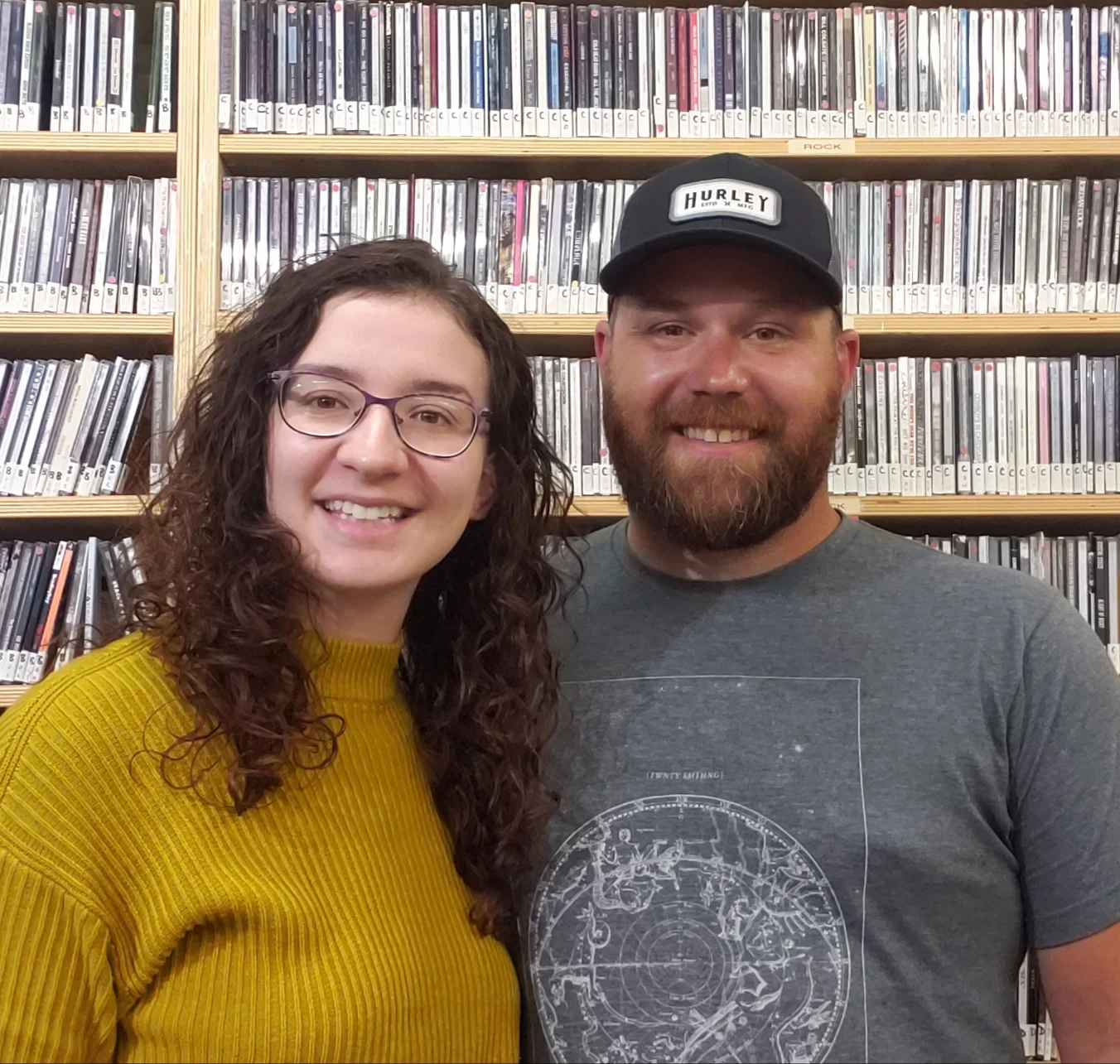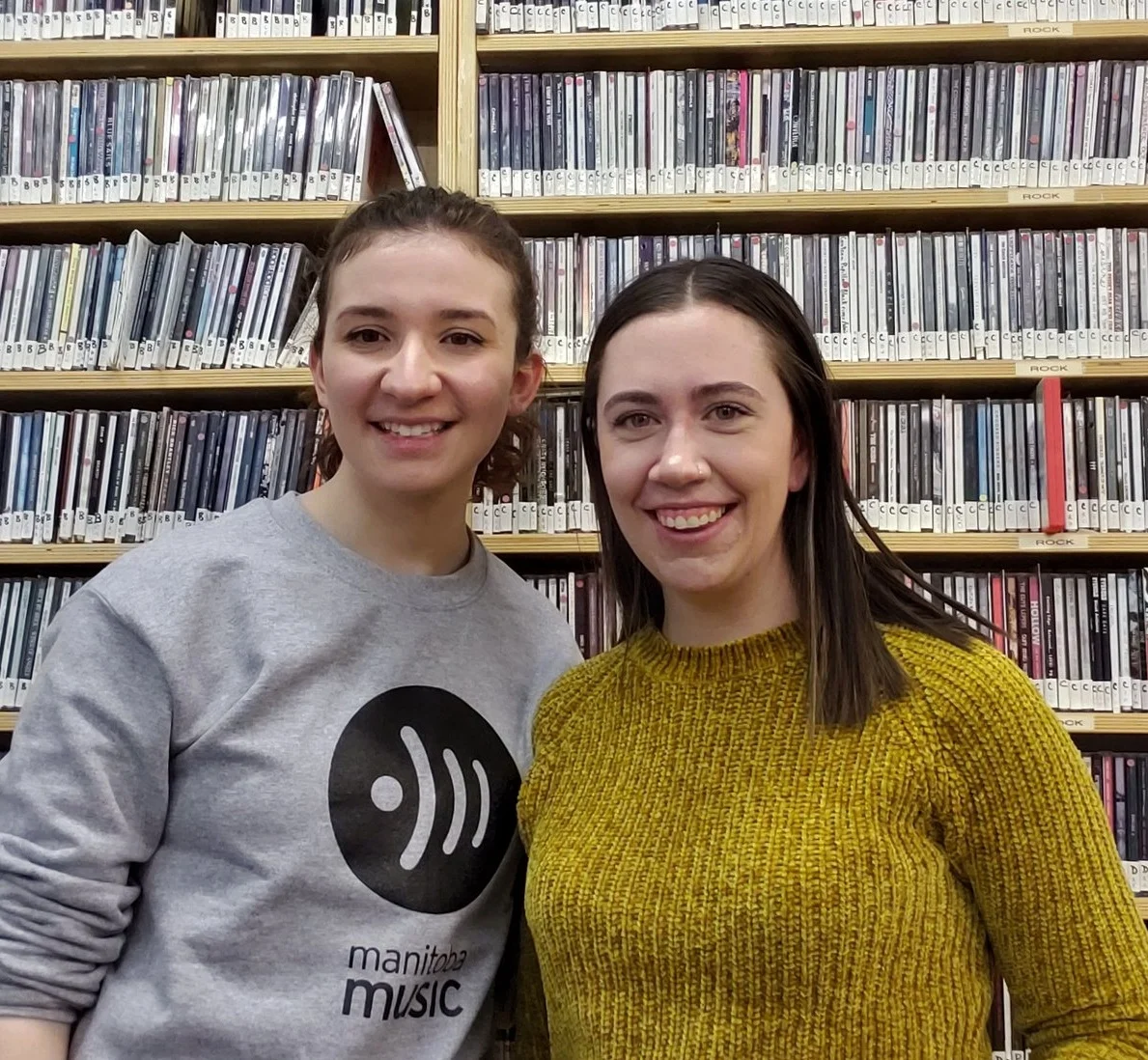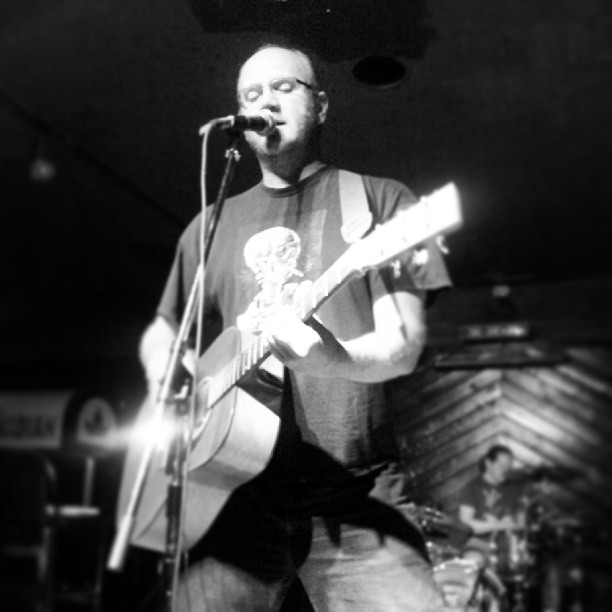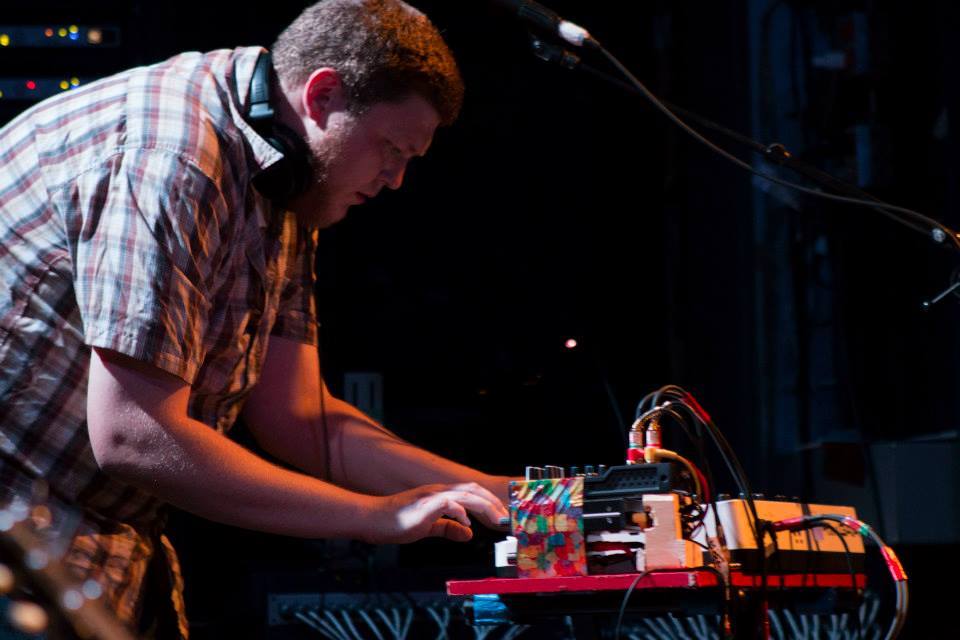Sandy: You should try, it’s easy.
Ashley: I have tried, it’s too hard for me.
Sandy: The world we live in, every low-entry Macbook has Garage Band; which is an amazing recording tool and let’s you multi-track as much as you want. You can dick around, and no one needs to hear it. You just chisel away at it. Sometimes you can be recording something, a full song even and the only thing you like about it is this little guitar part, so then take that and build around it.
I think it’s a great tool and it’s obviously revolutionized music. People are making laptop rock. People are making full music all on their own and they don’t know how to play a single instrument. It’s lusher and more innovative than any 4-piece folk rock band you’ll ever here, again because they’ve got no parameters.
Ashley: I guess I can give it a shot. So who inspires your music?
Sandy: Bands that mess around a lot in the studio. And people who can write songs. But that’s almost beside the point. Too me, it’s how can they make it interesting, different, cool. Subvert what may be a great melody. I find that stuff inspiring, and I’m often scared that I’m maybe not pushing myself enough to do that.
But also, modern pop. I love modern pop. With Tegan and Sara, when they just jumped straight into top 40 synth-pop recently… I thought that was a really cool move. And I know they took a lot of slack for it; but I think their songs are just so beautiful and air-tight, so unnatural-sounding, but so moving. It cannot be recreated. It’s an art onto itself. It’s unnatural. It’s an impressionistic painting or something. All kinds of pop nowadays, the amount of creativity involved is just staggering, the amount of love these engineers and producers are putting into it. Put headphones on and it’s a magical world, it’s great. And pop never gets credit for it. It’s seen as disposable, and maybe it is. The songs don’t actually “mean” anything, but they are staggeringly beautiful. Like that new Selena Gomez song; I mean, who likes Selena Gomez? But that song is so good when it comes on the radio.
We can’t do that modern pop thing, quite. I don’t have the skills, but maybe I would if I could.
Ashley: You mentioned a little earlier that you start with songwriting titles, but what exactly is your songwriting process?
Sandy: Sometimes titles. More often than not I’m sitting at the piano. It’s almost always at a piano. Once in awhile I’ll try to come from a more production-based place. I’ll get a really nice feel or beat or something like that and just improvise over it. I usually have email drafts of lyrics all over the place and when one melody comes out I’ll sort through the lyrics and see if anything goes with that; in terms of feel, or if it actually fits with the melody.
So it’s pretty rare that I just sit at the piano and pop something out all at once. Maybe a verse melody comes along, then I think about other chorus melodies I have laying around, and see if they fit. Look around at the lyrics I have, or see if there is a title I want to start with, and it slowly comes together.
But it can happen suddenly once in awhile. Our new record starts with a waltz called Instant to Instant, and that feels like the last time I just sat down at piano and was like, “Oh, here’s a song. Oh, and the lyrics came too, how nice!”. I walked away that afternoon feeling all good about myself. But it’s usually a more painful process than that.
I try to be really ruthless with songs. My personal belief is that everyone can write melodies. Everyone can. When we’re whistling in the street, when we’re singing in the shower. People are creative. Every single person. I think the craft of it, or the hard part, is in he editing. Knowing what’s good and what is not, and being able to cobble it into something that both makes sense on first listen, and yet is not quite what people would expect.
Ashley: With Indicator Indicator, what accomplishments are you most proud of?
Sandy: Little moments. Like back when it was just Matthew and I doing a two-piece, when we were in Toronto for a little festival - it was our first time on the road, and we were still working out a lot of kinks. (Actually we never really got through all the kinks, we kind of just moved on). But it was particularly tricky in that first little go, to the point where two thirds of the shows were miserable. This piece of gear broke, I didn’t do this right, this looped sucked.
We had one of those shows, and it was a showcase where we were supposed to be judged, and it was a terrible show. I was like “Oh my god, I’m too old to have terrible shows like this.” We went home, had a beer and kind of licked our wounds because we actually had another show that night. We did eight or nine shows in six days, I think. So we had to pack everything up again and go do another show and THAT one we crushed. The idea that we just got right back up and put the first one in the rear view mirror, and then got a win. It’s those tiny moments that I love and will never get tired of. Because it should always be hard, it should always be SO hard so when you get those little victories it feels so good.
It’s a double edged sword, I’m always kind of proud of the product, but I’m never satisfied with it, I’m never really happy with it. I like the records that I’ve made, I like the recordings, I like the recordings Quinzy made. But I don’t listen to them, I would never listen to them, I would only hear the things I would want to change now. Similarly, I look back at shows and see the banter that I didn’t like, or the missed notes. So, the details are almost always painful, but there is a more general pride simply in that I get to be in a band. It’s the coolest thing in the world and I still love it.
I love it as a concept, but every actual moment of it seems frustrating and hard and soul-sucking [laughs]. But it’s who I am and I have to do it.
Ashley: What is you favorite song to perform?
Sandy: I think it’s the song called Back into the fire. It’s the last song on the first EP, and in retrospect it touches on the time that Quinzy was going for major label deals, and we got kind of close, but all around us we could just see that this model we were chasing was dying. That it doesn’t work anymore. It’s all going to be totally different soon so when it ended, it felt like I was escaping a burning building. But then I realized “Nope, I’m going back in. Here we go.”
It’s a simple song that just felt kind of pure coming out, and the feel of it works with the lyrical vibe. And I feel it every time we play it, almost every single time. It’s a slow, boring ballad and maybe we shouldn’t be doing it all the time, but I love it and it’s important to me. It’s one of those rare victories that I don’t always feel in songs.















